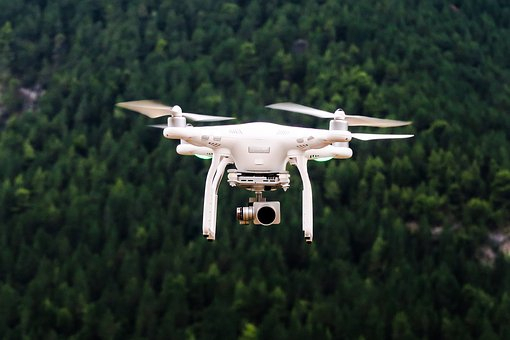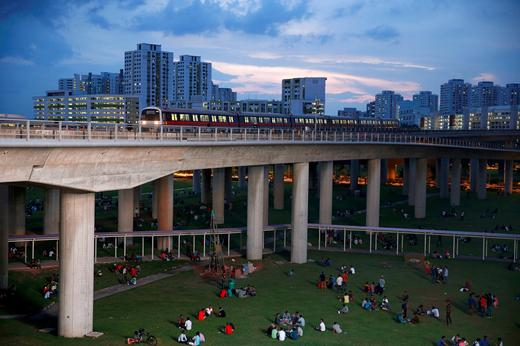A 21-year-old full-time national serviceman flew his drone over train tracks in Sengkang and later when it ran out of power, a train hit the drone after it landed on the train track. Even though the incident did not cause any harm to the LRT train on Wednesday, December 18 Homen Wong admitted to operating a drone in a manner that could endanger the safety of persons and property.
Rules for flying drones in Singapore

As per the existing laws, it is an offence to operate drones within 5km of the airport or military bases or to fly drones above 200 feet (61m) without a Class 2 activity permit for recreation or research purposes. Those guilty of doing so face a fine of up to S$20,000, or a jail term of up to 12 months, or both.
During a parliamentary session on July 8, 2019, Singapore government stated that they will introduce a mandatory registration regime for all drones in Singapore as well as a licensing framework for pilots of large and more capable drones, a move prompted by concerns over recent drone intrusions that resulted in several flight delays at Changi Airport.
Senior Minister of State for Transport Lam Pin Min stated that imposing such licensing requirements "will ensure that drone operators are adequately briefed on their responsibilities and that their activities are conducted in a responsible manner".
Case of drone hit by LRT train

In this recent case the 21-year-old Wong, who has since completed his national service, faced another charge for operating the drone within 5km of Seletar Airport and Paya Lebar Air Base was taken into consideration. As reported he flew his drone for about 40 minutes at a maximum height of around 50 m at an open field near Sengkang LRT station on February 8, 2018.
It was also revealed that the accused wanted to take aerial videos and photographs of trains entering and leaving the station. So, he flew the drone over the tracks and pedestrian walkways, without a Class 2 activity permit from the Civil Aviation Authority of Singapore (CAAS).
What happened last year?
On the day of the incident, when the drone was above the train tracks, it ran low on battery power. During the hearing, the Deputy Public Prosecutor Houston Johannus said the accused lost control of his drone and it ended up landing on the train track, where an LRT train hit the device.
Later, Wong asked the station staffs for help to retrieve his damaged drone, which was returned to him almost a week after. But, when Wong posted a video of the incident on YouTube with a title "DJI Mavic Pro survived a train crash," SBS Transit lodged a report to CAAS in April.
It should be mentioned that Wong is expected to be sentenced on January 9, 2020.









